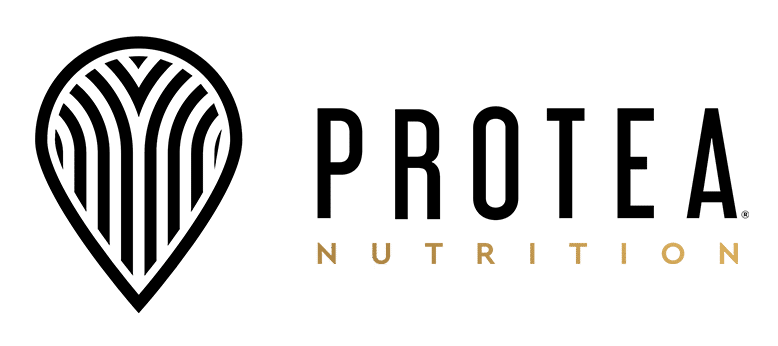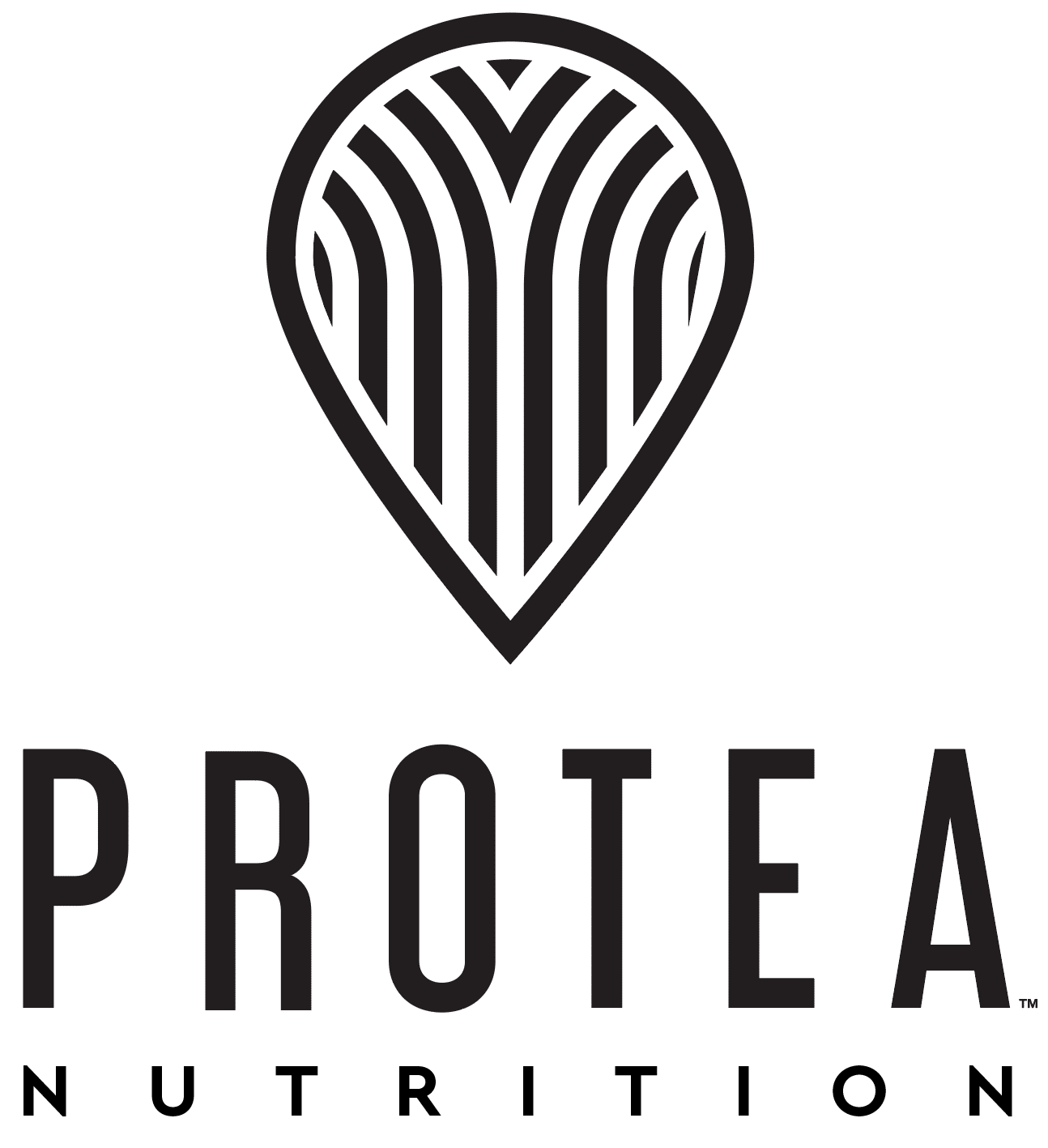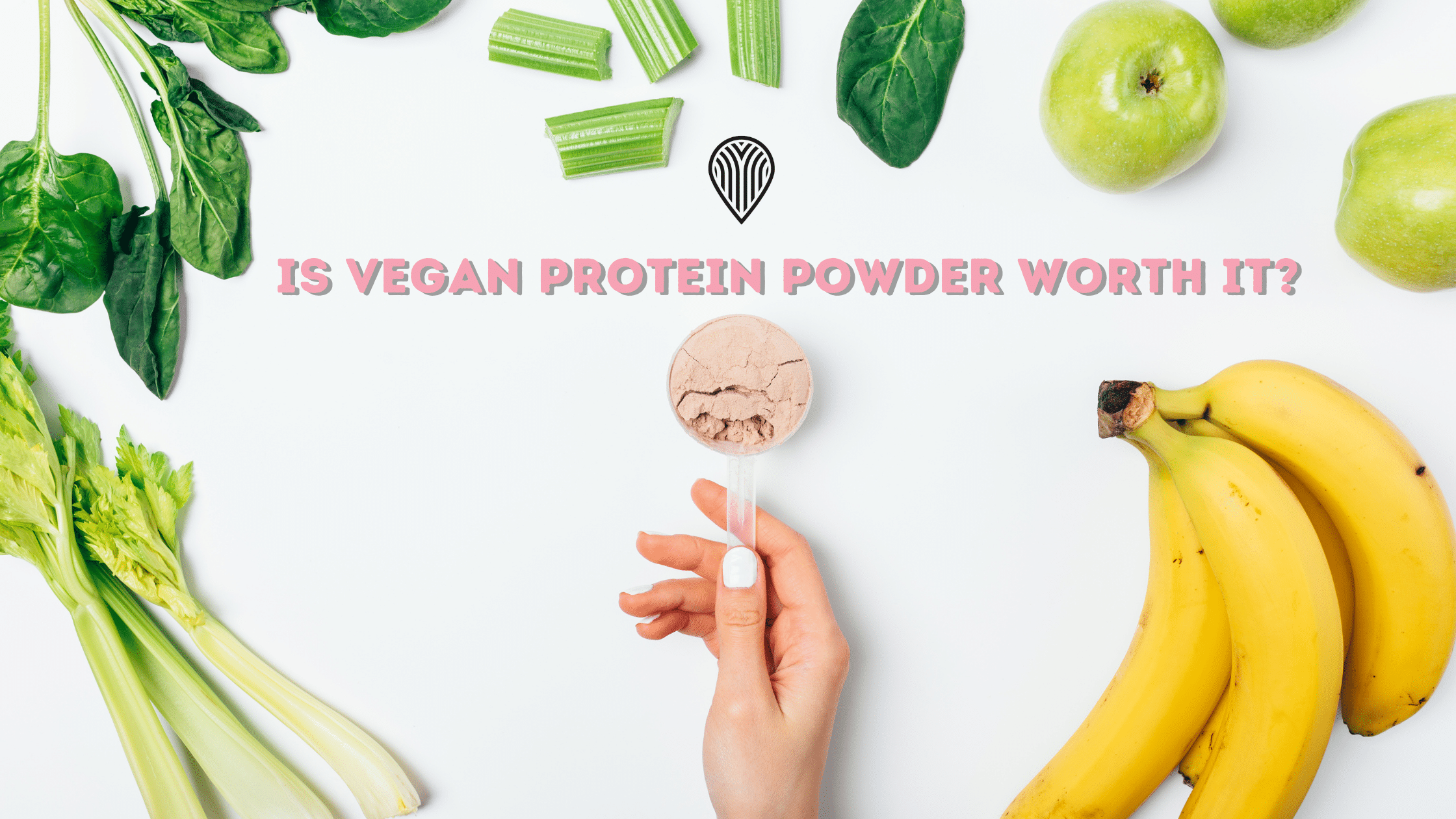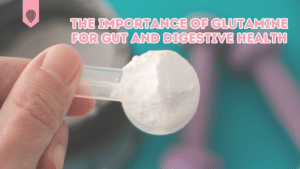Are you debating for yourself whether or not vegan protein powders are worth it? Here’s what you should know about each.
Where does whey protein come from?
When milk is taken from the cow, it’s about 20% whey (which is liquid) and 80% casein protein which through heating and processing becomes more solid. Whey was formerly considered useless byproduct of cheese production. But due to it’s high amino acid profile, it’s now sent through further processing into a powder form. Whey is easily digested by most people who don’t have intolerance or allergic reaction to dairy, and is often the go-to protein source for it’s fast absorption around weight training sessions. This bioavailability of its complete amino acid profile and ease of production have made it a forerunner for the protein market as pushed by the dairy industry. Smart consumers must also be aware of the quality of the whey protein they purchase as many brands use low-grade whey protein powders can be packed with fillers and contain higher amounts of lactose, causing more issues for those who are more sensitive.
The highest concern among many people is the push for animal products being “the only source” of complete protein. Which is completely misleading, as there are plant sources of complete proteins such as pea, quinoa, buckwheat, and soy. What is meant by “incomplete protein” is that out of the nine essential amino acids, the plant source may be lower in one or more of the nine, or be missing that amino source completely. But what most people don’t know is that all that is required is that for you to consume another complementary plant protein source within a 24 hour period for your body to complete your needs. A common answer to completing the required collection of amino acids is to eat rice and beans in the same meal. While that is a great strategy, it’s not required to complete the amino acid profile within the same meal as your body holds a storage of amino acids that it works through and as long as you have an adequate variety of protein sources in sufficient supply, you won’t have to worry.
For people who are regular resistance training advocates, leucine is an important amino acid that must be in high amounts in order to preserve muscle tissue during a fat loss plan, or growing muscle in a maintenance or growth phase goal. When choosing a plant based protein powder, it can be a challenge to find high amounts of Leucine but VePRO does contain 500mg per serving.
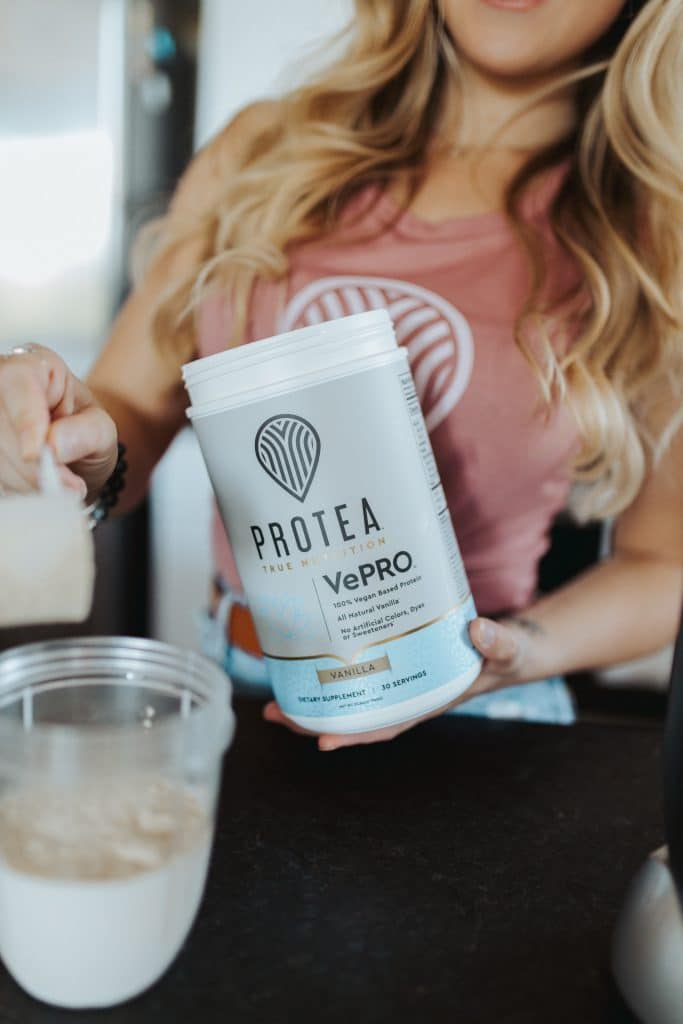
What are sources of vegan protein?
Whole grains, lentils, beans, legumes, pumpkin seeds, brazil nuts, sunflower seeds contain good amounts of essential amino acids as well but they are complete on their own. In fact, brown rice may be just as efficient as non-plant based sources of protein for building and maintaining muscle mass. As a study published in the Journal of International Society of Sports Nutrition, athletes were given either brown rice or whey protein over a 6 week trial. While keeping all other factors the same with their intense training demands as well as other food choices, they supplemented with their given protein powder. At the end of the study, lean vs fat mass was compared and the plant protein provided the same results for training and body composition as the whey.
Brown rice is also great sources of folate, manganese, riboflavin, potassium, antioxidants and calcium. More and more research is being done on the mineral magnesium of which brown rice is a high source. This mineral is shown to be associated with lower risk of stroke, heart failure, and all-cause mortality.
Pea protein also proves to be a popular and reliable source of needed amino acids for health and quality muscle building. Further backed by research supporting that it was just as effective as whey in improving body composition. Beyond that, animal studies show that pea protein improves cholesterol markers and blood pressure.
Whether or not to choose plant protein over animal is not just about health but as growing consciousness over food production methods, conventional vs organic, and sustainability becomes more important to broader groups of people, many are opting to move away from animal products. Especially for those consciously concerned with the animal cruelty involved with animal agriculture, becoming more plant-based is of ethical standard, as veganism has risen 500% in America since 2014.
Within the vegan protein blend of brown rice and pea protein, it was important to us to include an organic superfood blend of quality nutrients in VePRO that both serve as antioxidants and are anti-inflammatory.
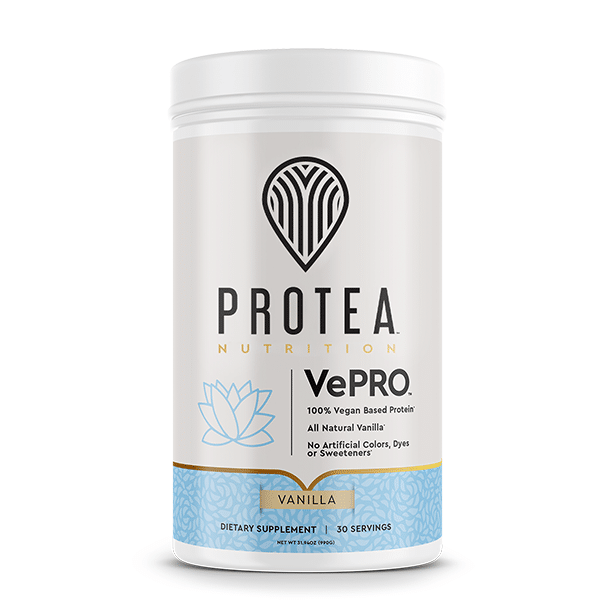
Spirulina powder: shown to lower triglycerides and LDL (bad) cholesterol and possibly raise HDL (good) cholesterol. May also enhance endurance and muscle strength.
Wheat grass powder: high in many vitamins, minerals and amino acids. The antioxidant power may prevent oxidative stress and cell damage. The chlorophyll within wheatgrass may also decrease inflammation.
Barley grass powder: full of antioxidants, amino acids, vitamins and minerals including; calcium, magnesium, and folic acid. Barley grass also has five times more iron than spinach.
Chlorella powder: 50-60% protein and a complete protein source. Great source of iron and B12 as well as vitamin C and omega-3s. Importantly, chlorella has been shown to help reduce heavy metal toxicity within the liver, brain, and kidneys.
Parsley leaf and spinach powder: high in antioxidants, vitamin K, flavonoids, and folate. It’s important that we focus on folate rather than the synthetic version (folic acid) because of it’s absorption being far superior, and necessary for healthy pregnancy.
Beet root powder: beyond being anti-inflammatory, beets may enhance athletic performance by improving oxygen uptake and reducing exhaustion.
Kale and kale powder: one of the most nutrient-dense foods on the planet with unique antioxidants like quercetin and kaempferol, and substances that bind bile acids and lower cholesterol. Kale also has more vitamin C than an orange.
Alfalfa powder: proven to support blood sugar control and improve metabolic health. Also having a long history in Ayurvedic medicine to treat conditions caused by inflammation and oxidative stress.

The contents of this blog should not be taken as medical advice. It is not intended to diagnose, treat, cure, or prevent any health problem-nor is it intended to replace the advice of a physician. Always consult your physician or qualified health professional on any matters regarding your health. These statements have not been evaluated by the Food and Drug Administration. This product is not intended to diagnose, treat, cure, or prevent any disease.
